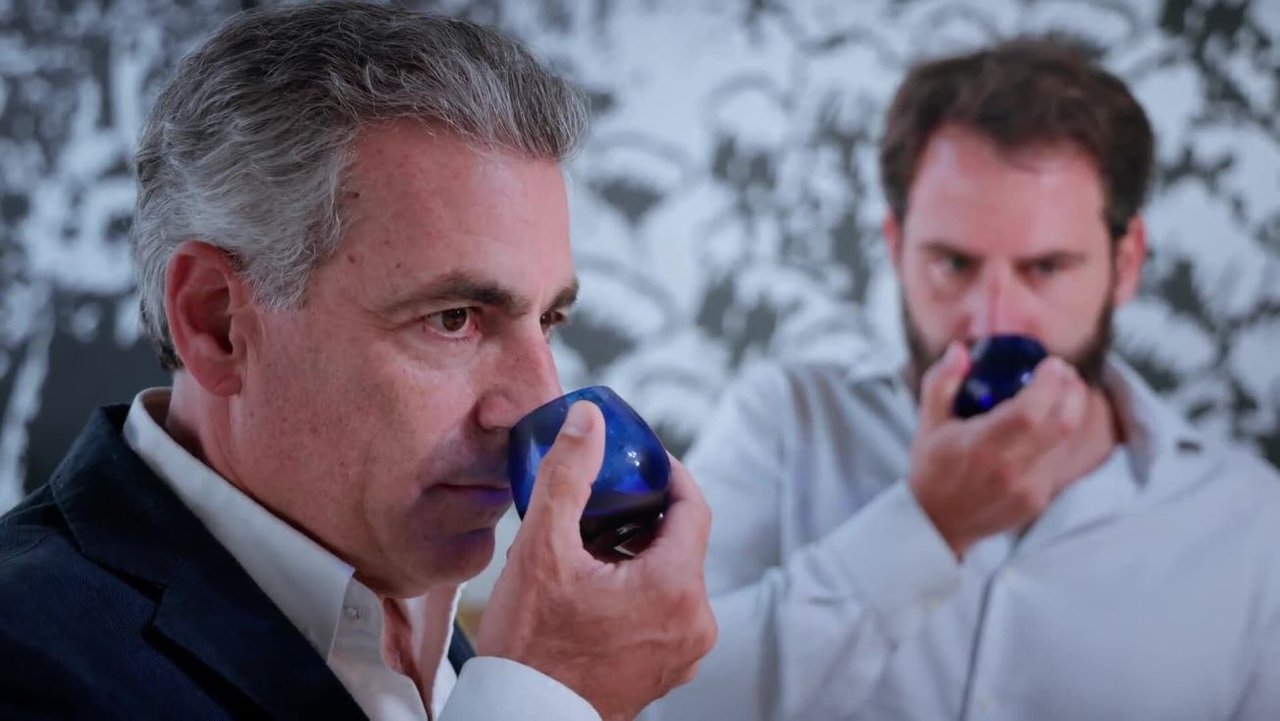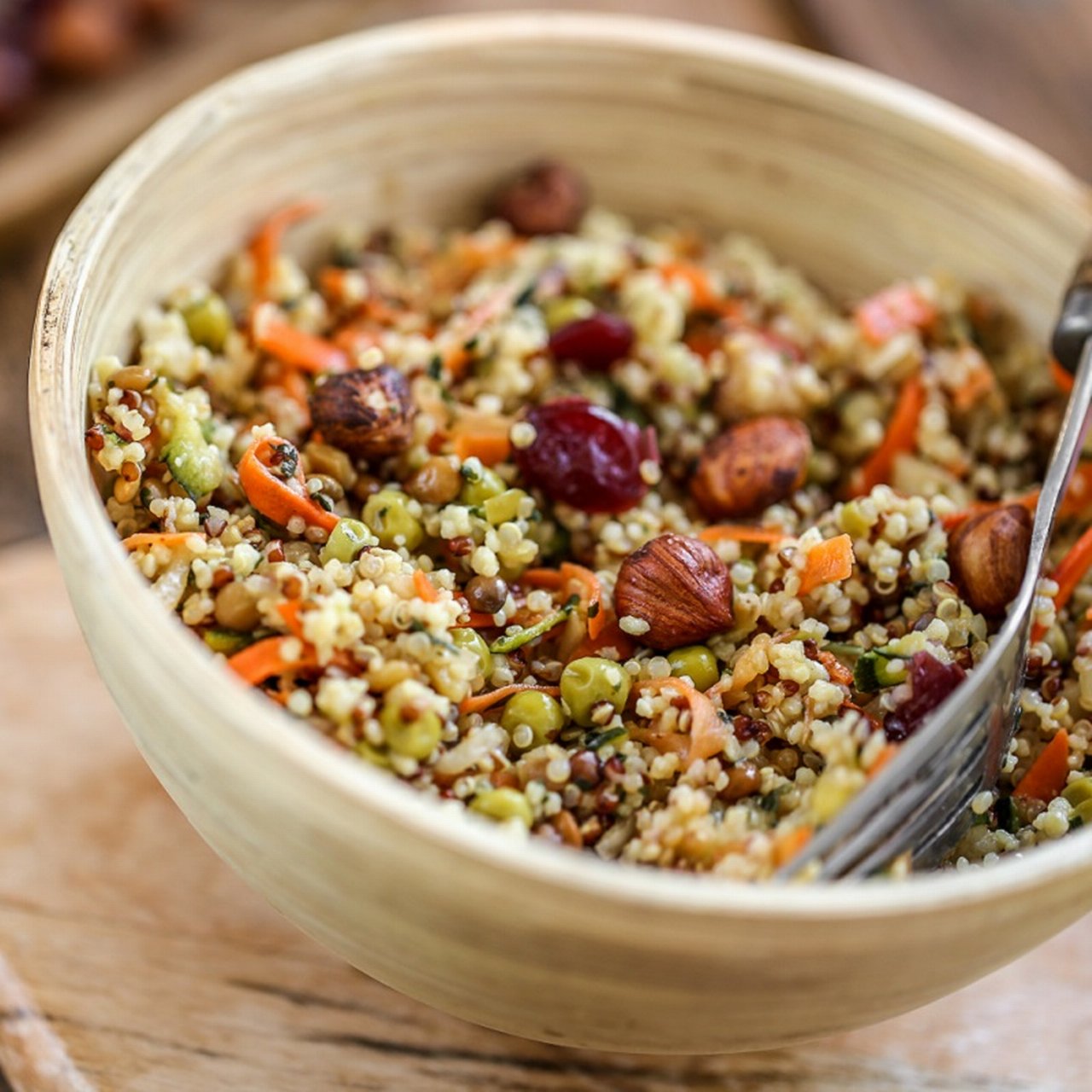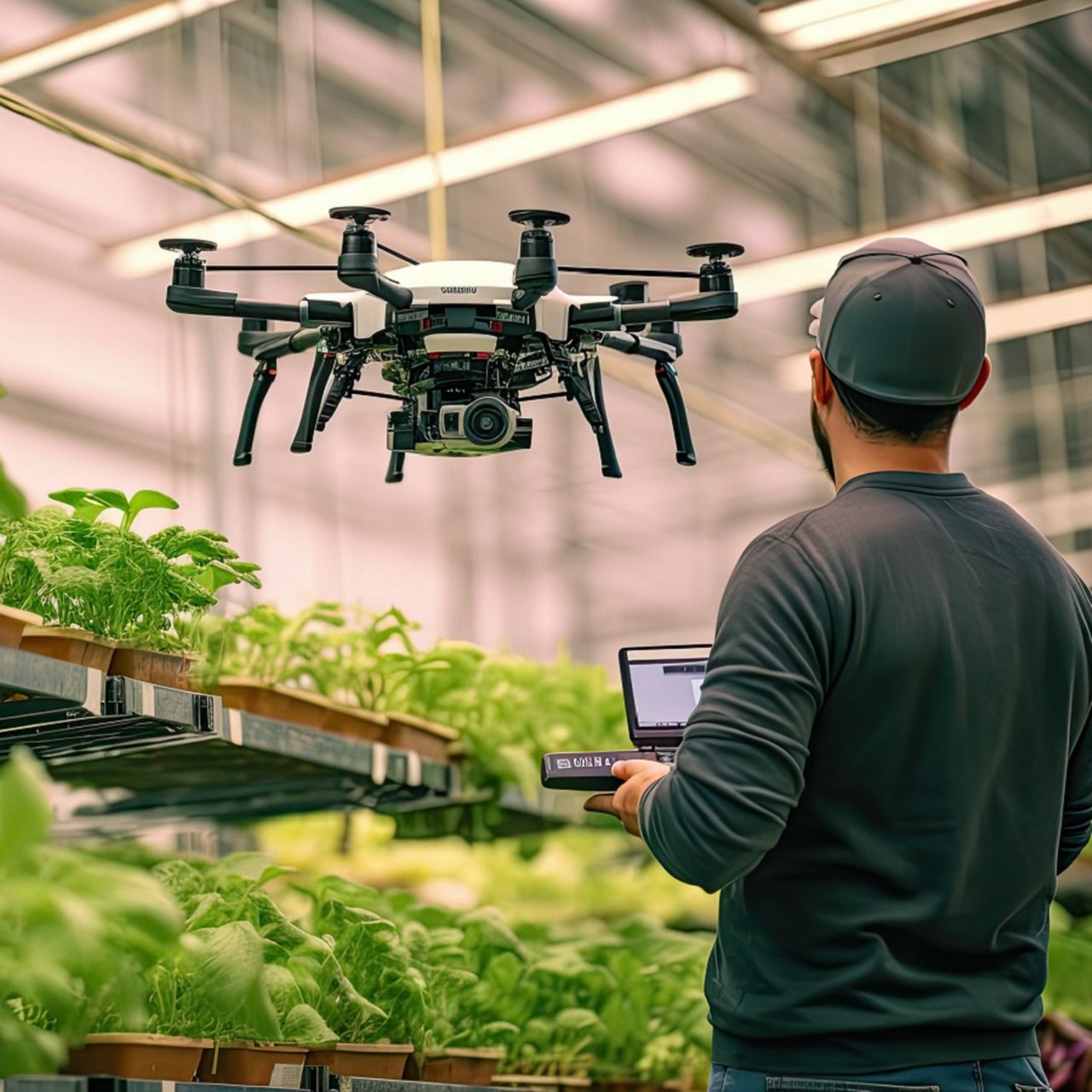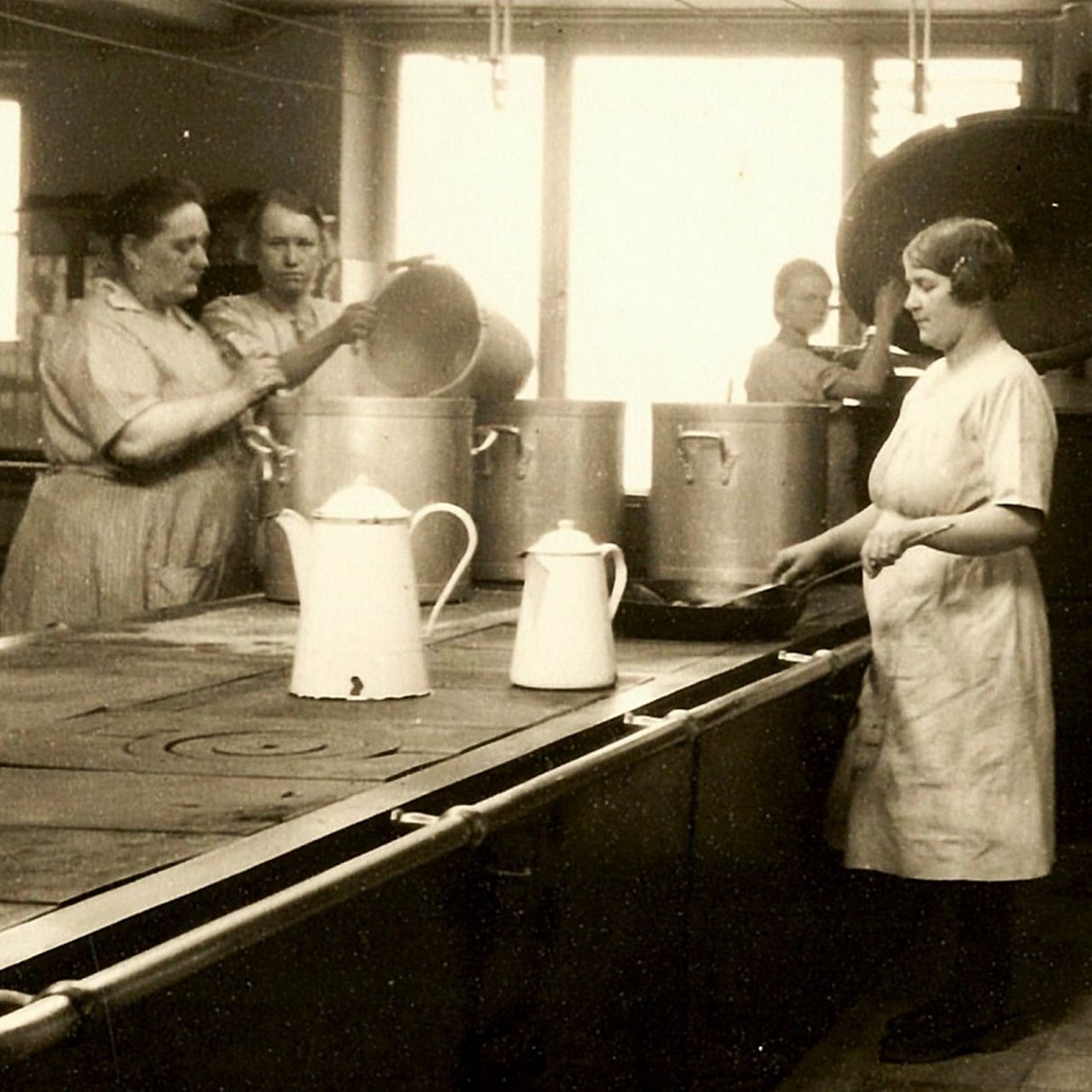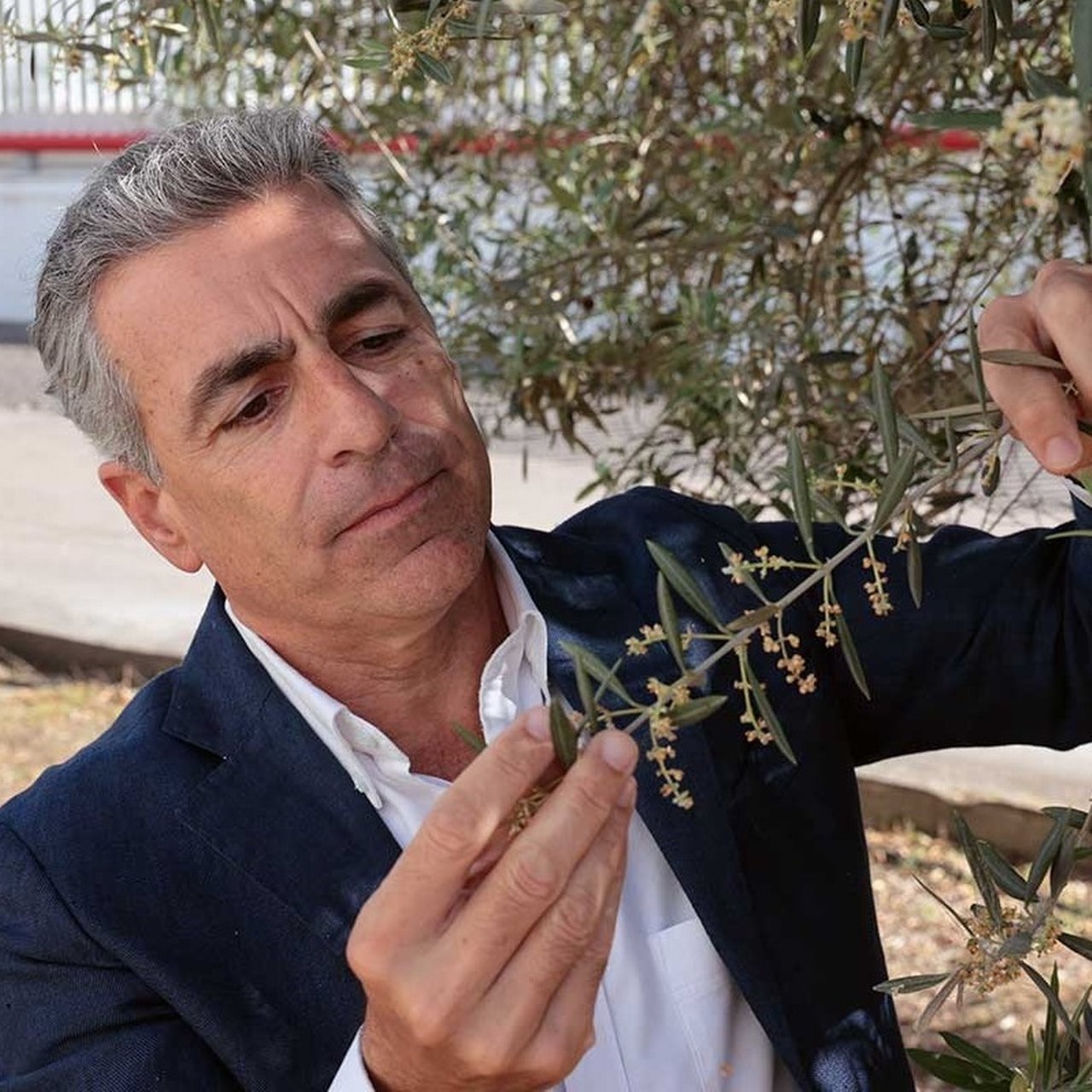
Acesur: When innovation is your DNA
Artificial intelligence, data-based decisions, biodegradable packaging: How a traditional Spanish family business is revolutionising the olive oil business with lasting success.
Carefully, the lab technician pours a few drops of the creamy, golden-yellow liquid into a bottle, then she pours the sample into one of the two grey, clunky boxes that might remind of those giant first-generation laser printers and fill a good third of this lab space. She then presses the external display – and not too much later the rating is clear: extra virgin – the highest quality grade for this olive oil sample. This is confirmed by dozens of columns of numbers and graphs that can be seen on a computer screen next to it.
A classification calculated at the highest scientific level – by Easy Taste, an AI-based analysis process developed over three years by the Andalusian olive oil producer Acesur in cooperation with the University of Cordoba and others, in which a so-called electronic nose, i.e. highly sensitive sensors, take over the tasks that were traditionally reserved for the sensory organs of experienced test subjects. And which now enables Acesur to recognise the quality of its products on a mathematically and scientifically proven basis. The company now has more than 600 such sample results.
Growth only matters if it’s responsible, if it’s smart
“It’s a new quality control technology for our products which allows us to offer safer and more reliable products through an objective, automated, fast and true analysis of the organoleptic profile for our oils“, says Melchor Martinez, Director R&D at Acesur. “This technology replaces and complements the work of human testers, so it’s also combining the best of two worlds.“
Combining handmade and high-tech in the best possible way
The Easy Taste project is just one of many examples of Acesur's entrepreneurial approach as one of the world's leading olive oil producers. Whether new, more effective extraction techniques, solar powered mills or carbon reducing logistics: For Acesur innovations are not isolated upgrades, they are part of a broader business model that integrates high tech quality control, short supply chains and smart logistics to create value in every bottle.
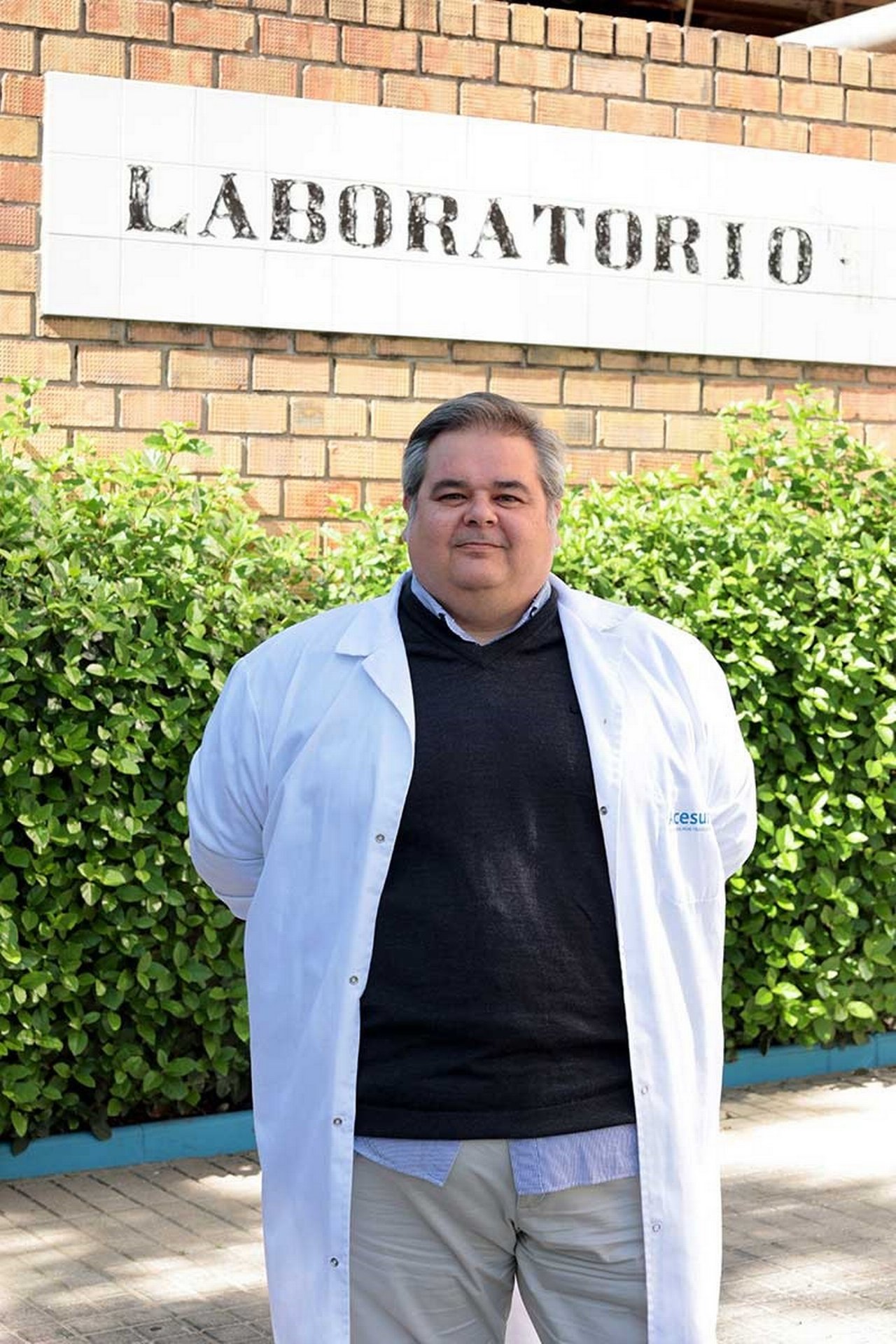
Melchor Martinez, Director Research & Development at Acesur
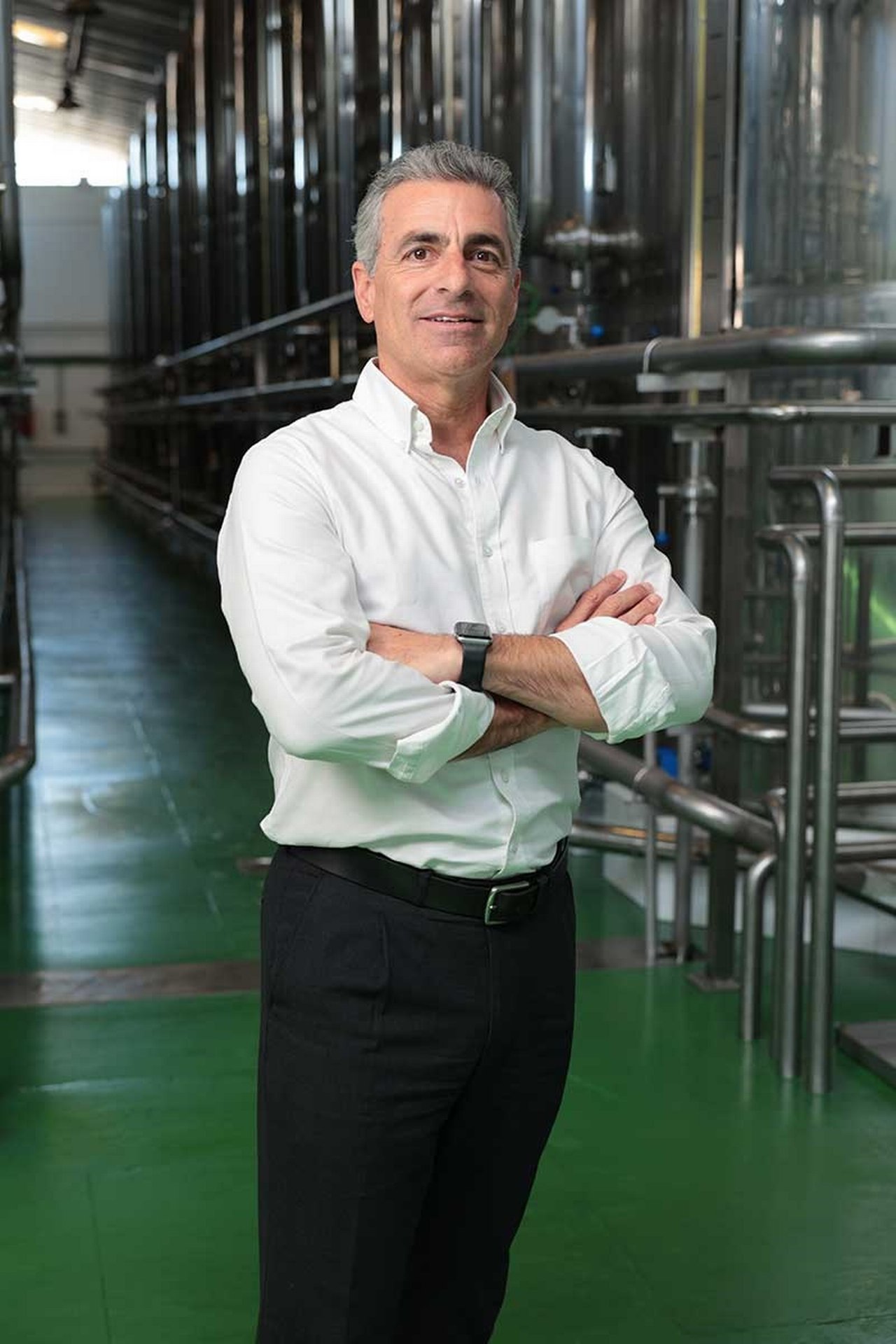
Gonzalo Guillén, CEO of Acesur
“We don’t see tradition and innovation as opposites. For us, they’re two sides of the same coin. Acesur’s DNA is based on innovation, innovation is our tradition.” says Gonzalo Guillén, CEO of Acesur and the fifth generation of his family in the olive oil business. “In the end we’re trying to improve what nature has given us.“
However, the effort required to process this valuable natural resource in a way that adds value is becoming ever greater. Rising production costs, more difficult conditions in the fields due to climatic changes such as increasing heat and droughts as well as changing consumer expectations have permanently changed the demands on the business with the small green fruits, which has a cultural tradition dating back thousands of years.
According to calculations by the market research and consulting company Fortune Business Insights, this market now has a global volume of 15 billion US dollars and is set to grow to 20 billion dollars by 2032. With a 45 per cent share of the global market, the lion's share of olive oil production comes from Spain.
Acesur, in turn, is one of the world's leading producers: Founded in 1840 as Aceites y Jabones Luca de Tena, Acesur today operates across the full olive oil value chain – growing, refining, bottling, marketing, and exporting half of its production to over 120 countries.
With more than 800 employees, eight industrial plants and 70.000 farmers the company cooperates with, Acesur markets its products under household names like Coosur, a leader in Spain, and the internationally recognized brand La Española.
But how does a company with centuries-old roots adapt to such a dynamic, fast-changing market? How does it keep producing at the pace the world demands, while staying ahead of evolving consumer trends, innovating with purpose, and doing it all sustainably?
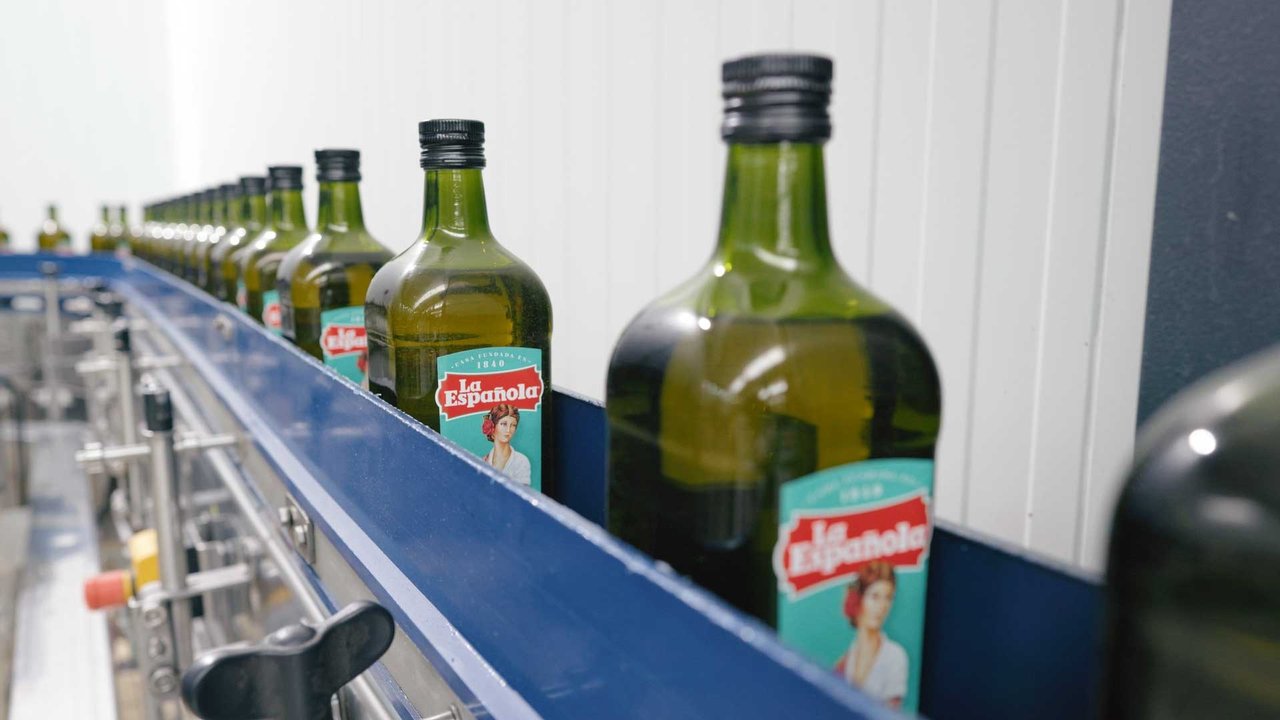
Where innovation is alive: The R&D+i hub in Jaén
“Growth only matters if it’s responsible, if it’s smart”, CEO Guillen says. “What we care about is impact – on the consumer’s plate, and on the planet.”
That’s why in 2012, Acesur took a decisive step to formalize its innovative spirit by establishing a dedicated R&D+i centre in Vilches, Jaén, in the heart of olive country. It’s here, in modern labs and a test kitchen surrounded by olive groves, that the company’s most ambitious ideas come to life.
Every decision we make has to consider tomorrow. Our commitment is to leave the land better than we found it.
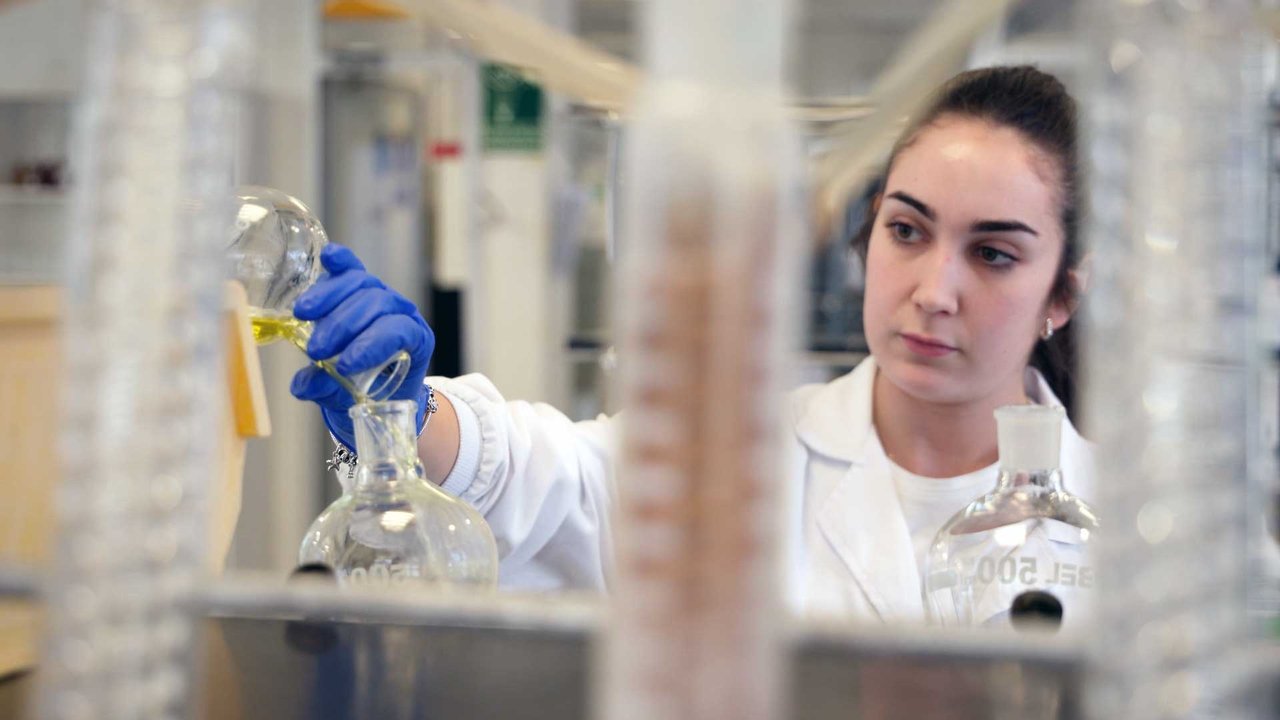
“Our goal is to anticipate what consumers will want tomorrow – healthier products, smarter packaging, more sustainable production – and start building it today,” Guillén explains.
To achieve this, Acesur closely monitors global trends, collaborates with nutritionists and packaging engineers, and invests heavily in consumer research. The team tests new product formulations enriched with functional ingredients, trials biodegradable materials to replace conventional plastics, and continuously refines processes to reduce environmental impact. It’s a holistic approach that puts the evolving needs of consumers at the heart of product development.
Successful through sustainable innovations
The R&D team focuses on three core areas:
- Product quality: Enhancing taste, nutrition, and developing new olive-based foods.
- Circular economy: Turning by-products and waste into new value-added materials.
- Process efficiency: Applying disruptive tech to optimize production.
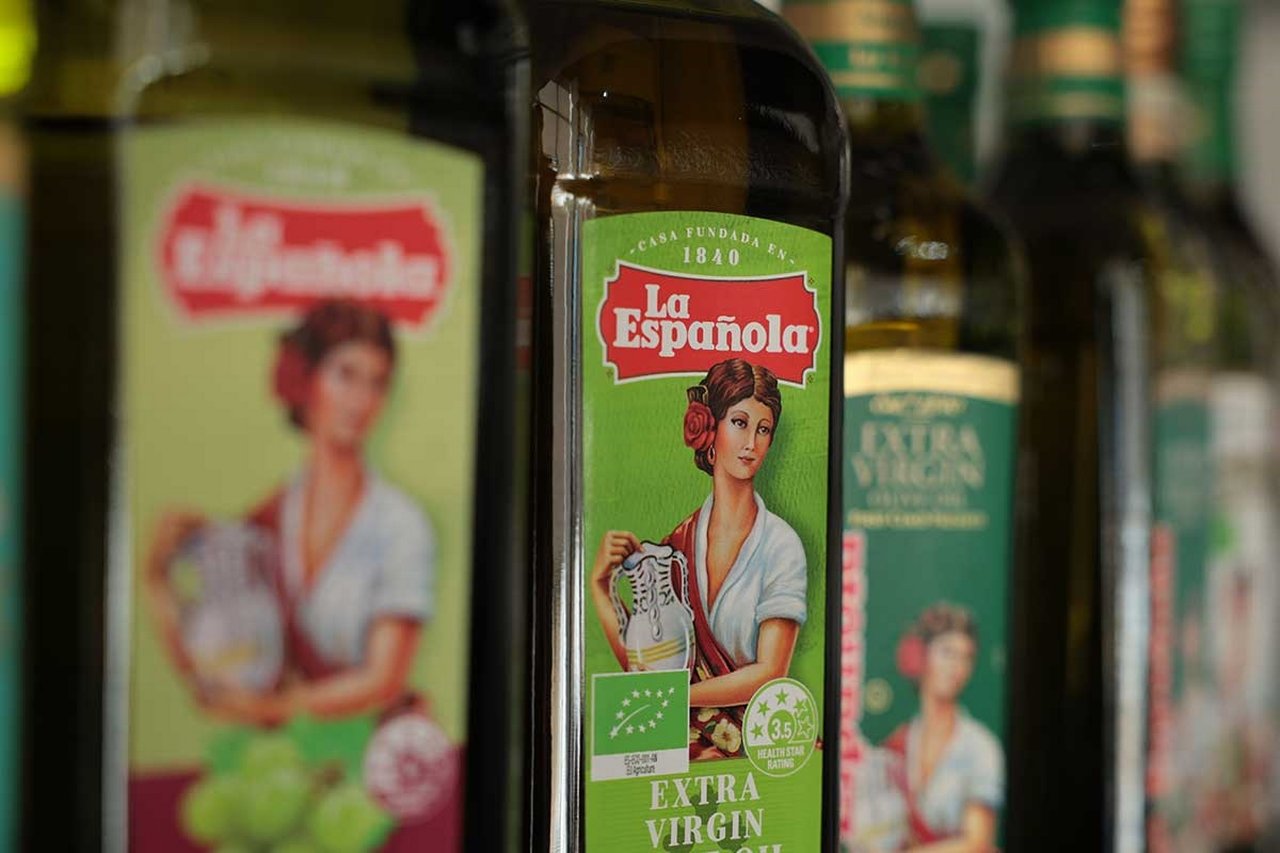
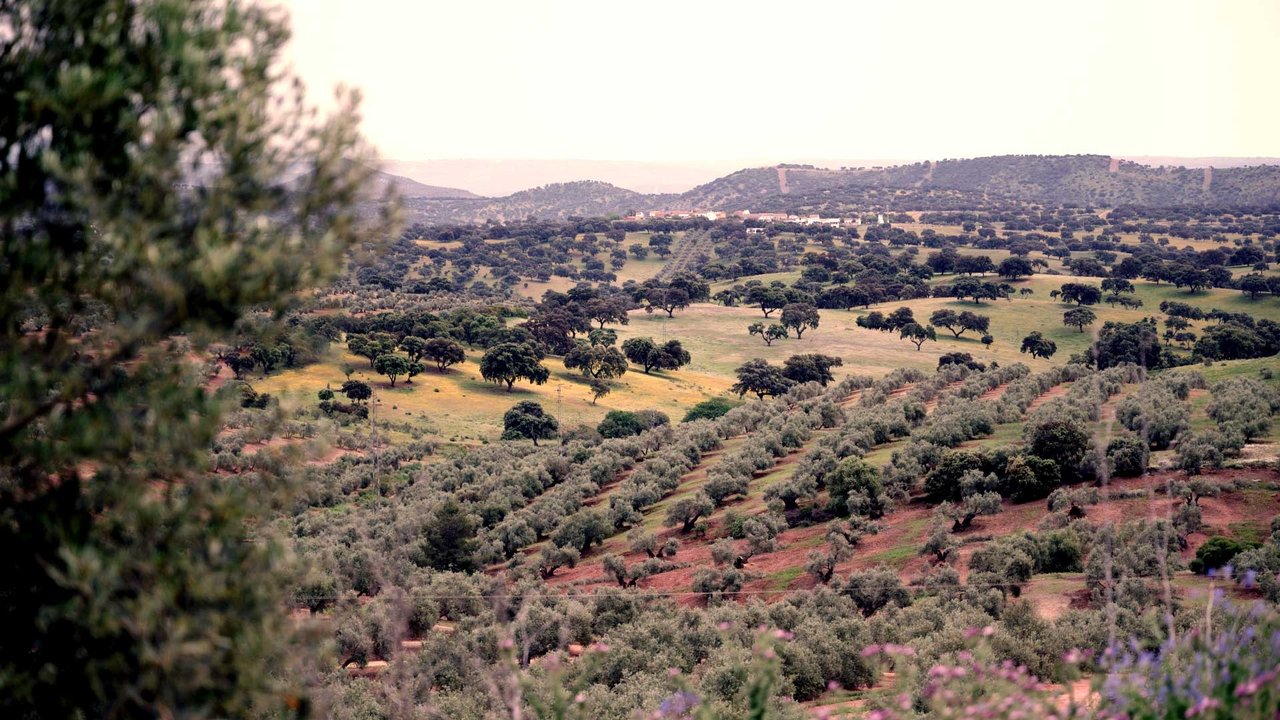
Project focus: OLIVE-PACK – turning waste into packaging
For Acesur, sustainability is not an optional add-on. It’s embedded into how the company operates – through solar energy, biomass-fueled facilities, water reuse systems, and recyclable or recycled packaging.
“Every decision we make has to consider tomorrow,” says Guillén. “Our commitment is to leave the land better than we found it.”
This is about closing the loop. Why wrap olive oil in plastic, when the olive itself can provide the solution?
Biodegradable packaging
One of Acesur’s most exciting breakthroughs is OLIVE-PACK, a project that began in 2021 in partnership with research institutes like AINIA and AIMPLAS. The idea? To take the waste generated during olive oil extraction – pulp, skins, and pits – and transform it into biodegradable packaging. “We're rethinking waste as a resource,” says Guillén. “This is about closing the loop. Why wrap olive oil in plastic, when the olive itself can provide the solution?”
The project explores the creation of micro- and nanocellulose fibres from by-products to manufacture sustainable, compostable containers. It’s not just good for the environment – it’s a smart move in a world increasingly wary of single-use plastics.
Project focus: SMART-O-LIVE – a digital olive oil revolution
Another transformative initiative is SMART-O-LIVE, a forward-looking project applying artificial intelligence, IoT, and big data to every phase of olive oil production – from the field to the mill to the shelf.
Funded by Spain’s CDTI and the European Union’s “Next Generation” funds, the project is reimagining the olive oil industry as a high-tech ecosystem. Sensors monitor soil health. Algorithms predict the best harvesting moments. Machines optimize pressing conditions in real time.
Better yields, fewer emissions: better for the planet
“This is the agro-industry of the future,” says Guillén. “It means better yields, better oils, fewer emissions, and a transparent chain consumers can trust. With AI we can guarantee the quality of our products, taking away the personal bias that humans have”.
“We’re not just making olive oil,” Guillén reflects. “We’re building something much bigger: a way to produce food that’s good for people, good for the planet, and proud of where it comes from.”
This page was published in June 2025.
Deutsche and Acesur
Acesur has been a valued client of Deutsche Bank for over 18 years, supported through our Bank for Entrepreneurs platform. As one of the world’s leading olive oil groups, they benefit from Deutsche Bank’s Global Hausbank capabilities: trade finance, FX advisory, and confirming solutions, while maintain a close relationship with their partners.
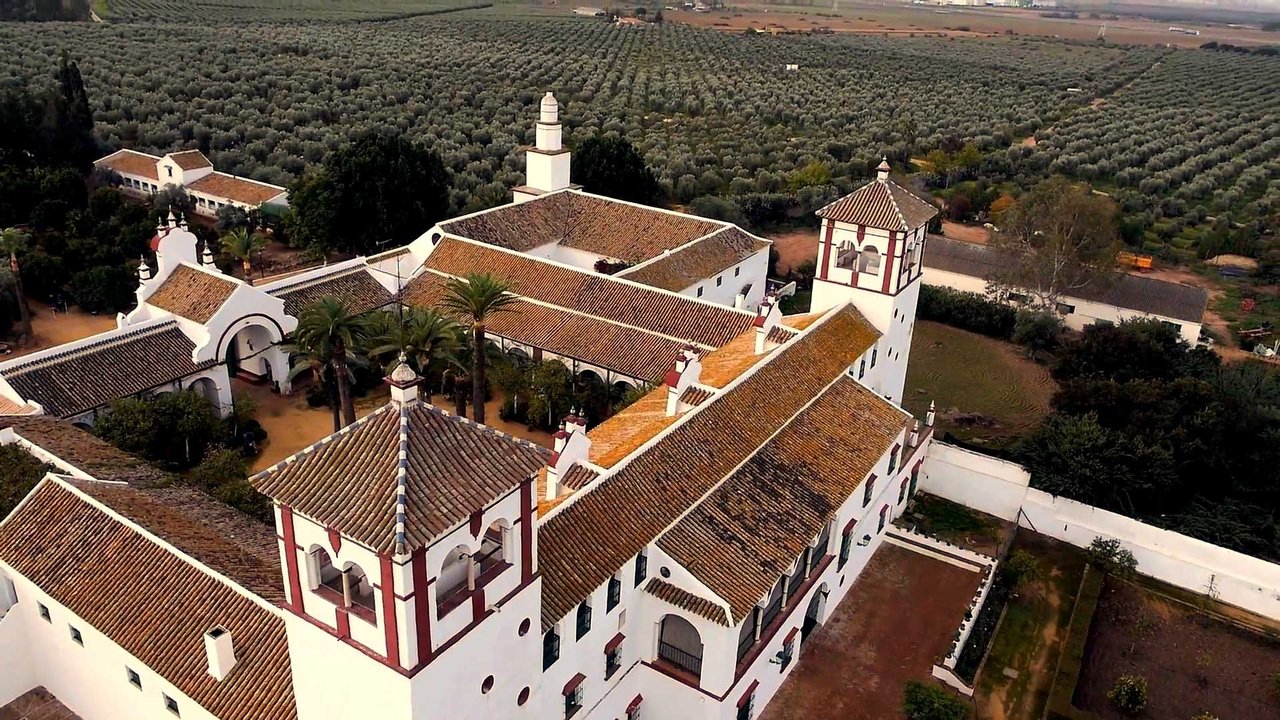
About Acesur
Acesur is a leading Spanish company in the olive oil sector, founded in 1840. It specializes in producing, refining, packaging, and exporting olive oil, vegetable oils, olives, vinegars, and sauces. With over 600 employees and exports to more than 80 countries, its flagship brands include La Española and Coosur.
Acesur also invests in renewable energy and rural development initiatives.

Sofía Labastida
… believes sustainability and health start on your plate and thinks Mediterranean diet is a key driver for longevity. Working in the Communications and CSR department in Spain, she champions purpose-driven initiatives while drawing inspiration around to promote a healthier, more conscious future.
Recommended content
Entrepreneurial Success | Short & Sweet
Tik Tok made me do it TikTok made me do it
Five food trends not as good for the planet as you might think: Social media influences food trends that often lead to challenges for local communities and ecosystems.
Tik Tok made me do it Three ways to enjoy responsiblyEntrepreneurial Success | Introduction
Assembly-line proteins Assembly-line proteins
Peas without soil, olive oil with AI, drinking instead of chewing: how companies are working on the food of the future. And what climate change and consumer convenience have to do with it.
Entrepreneurial Success | Crisp & Short
Banking on nutrition – catering through the ages Banking on nutrition – catering through the ages
For over 130 years, Deutsche Bank has known that a good, healthy meal makes for more productive, fitter employees. Read on to explore how the bank’s canteens have evolved.

